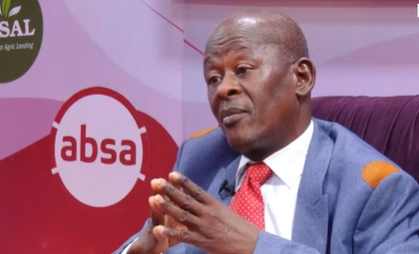Prof. Roger Kanton Outlines Six Key Systems to Revive Ghana’s Agriculture

- Six key systems identified: seeds, mechanisation, fertilisation, post-harvest management, processing, and irrigation
- He urges policymakers to move beyond rhetoric and implement science-led solutions
- Ghana loses up to 50% of crops post-harvest due to poor storage
Agricultural Research Scientist, Professor Roger Kanton, has identified six critical systems Ghana must urgently develop to rescue its underperforming agricultural sector and strengthen food security. Speaking on Channel One TV during a review of President John Dramani Mahama’s first 120 days in office (Wednesday, May 7), he stressed the need for a holistic, science-driven approach rather than superficial policy interventions.
“The first is a robust seed system,” Prof. Kanton said, emphasizing that access to high-quality, reliable seeds is fundamental for improving yields and farmer resilience.
He clarified that mechanisation is often misunderstood. “It’s not just about tractors. Politicians often stop there. Mechanisation includes a full system—planters, harvesters, and other tools essential for efficient farming,” he explained.
The third focus is soil fertility management. “Our soils are highly acidic. You can’t just keep applying fertilizer without correcting the pH with lime—it’s ineffective and wasteful.”
He added that post-harvest losses, currently estimated at up to 50%, must be tackled through better storage and handling practices.
On processing, he advocated for modest, decentralized facilities instead of large, costly factories. “Look at Burkina Faso and Togo—they’ve figured it out. We must revive agro-processors like the Tumu Cotton Company and add value to crops such as rice and soybeans.”
Finally, he highlighted irrigation as a vital yet neglected area, noting that less than 10% of Ghana’s arable land is irrigated. “Without irrigation, we’ll never unlock our agricultural potential,” he stated.
Prof. Kanton concluded by urging leaders to abandon rhetoric and adopt real, science-based reforms to transform agriculture in Ghana.






